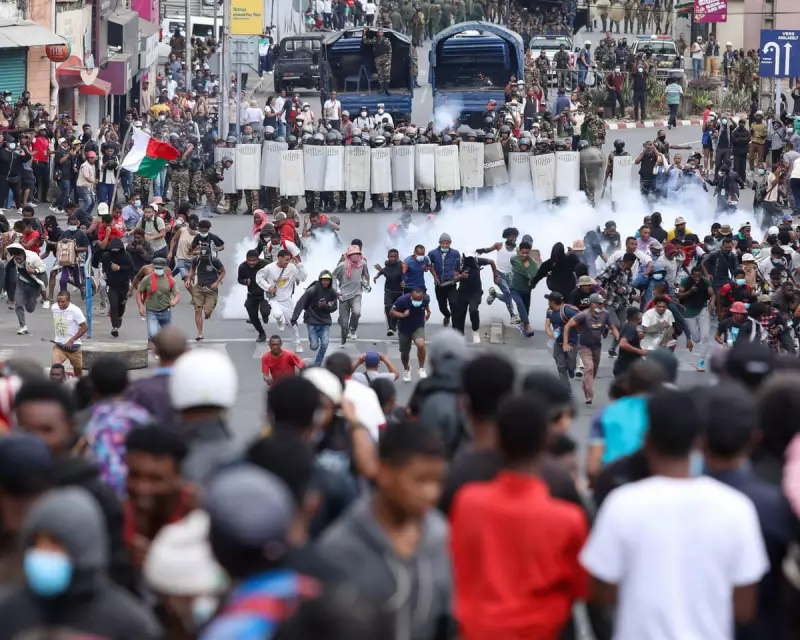
Madagascar's political landscape has erupted into turmoil as President Andry Rajoelina has made explosive allegations against opposition protesters, accusing them of orchestrating an attempted coup against his government.
Presidential Accusations Spark International Concern
In a dramatic televised address that has sent shockwaves through the Indian Ocean nation, President Rajoelina declared that recent anti-government demonstrations were nothing short of "an attempt to seize power by undemocratic means." The embattled leader, who has faced growing opposition since his contentious re-election, insisted that the protests represented a direct threat to Madagascar's constitutional order.
Opposition Forces Mount Pressure
The political temperature in Antananarivo has been steadily rising, with opposition groups organising increasingly large-scale demonstrations. These protests have drawn thousands of citizens expressing frustration with Rajoelina's leadership and what they describe as "creeping authoritarianism" and economic mismanagement.
Critics of the administration have been particularly vocal about what they perceive as the government's suppression of dissent. Several opposition figures have reported intimidation tactics, while media outlets critical of the government have faced increasing pressure.
International Community Watches Closely
The escalating situation has drawn attention from regional bodies and international observers. Neighbouring African nations and international organisations are monitoring developments closely, concerned about potential instability in a region that has historically experienced political volatility.
Human rights organisations have expressed alarm at the government's response to the protests, documenting instances of what they describe as excessive force against demonstrators and the arbitrary detention of opposition supporters.
Economic Fallout Feared
Beyond the immediate political implications, analysts worry that the ongoing crisis could further damage Madagascar's fragile economy. The nation, which is among the world's poorest despite its rich natural resources, can ill afford the uncertainty that political instability brings.
Tourism, a vital sector for the island nation, faces potential disruption, while foreign investors are likely to adopt a wait-and-see approach until the political situation clarifies.
As tensions continue to mount, the coming days will prove critical for Madagascar's democratic future and the stability of President Rajoelina's administration.





